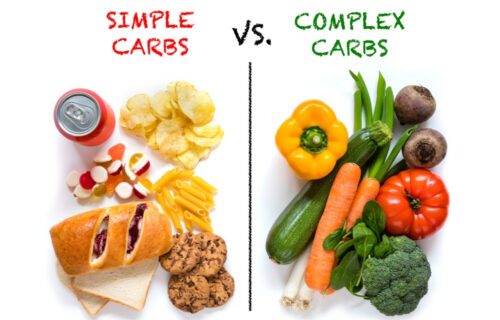
Gut Health
You have heard me say it before –
At the centre of it all is Gut Health!
When your gut is unhealthy, it can cause more than just bloating or diarrhoea.
Approximately 80% of our immune system is located in our gut! And guess where serotonin (feel good hormone) lives
An unhealthy gut has been linked to hormonal imbalances, autoimmune diseases, diabetes, chronic fatigue, fibromyalgia, anxiety, depression, eczema and other skin conditions along with other chronic health problems.
The premise of my work is always to work on gut health – it is the key to nearly ALL symptoms ultimately.
All disease begins in the gut Hippocrates (father of medicine)
10 Signs You Have an Unhealthy Gut
- Digestive issues like bloating, gas, diarrhoea
- Food allergies or sensitivities
- Anxiety
- Depression
- Mood swings, irritability
- Skin problems like eczema, rosacea
- Diabetes
- Autoimmune disease
- Frequent Infections
- Poor memory and concentration
The 4 (or 5) R Program
1. Remove
Remove the bad – get rid of things that negatively affect the gut, such as inflammatory foods, infections, and irritants like alcohol, caffeine, or drugs.
Inflammatory foods, such as gluten, dairy, corn, soy, eggs, and sugar, can lead to food sensitivities.
Infections can be from parasites, yeast or bacteria. A comprehensive stool analysis is key to determining the levels of good bacteria as well as any infections that may be present. Removing the infections may require treatment with herbs, anti-parasite medication or antifungal supplementation.
2. Replace
Replace the good. Add back in the essential ingredients for proper digestion and absorption that may have been depleted by diet, drugs (such as antacid medications), diseases or aging. This includes digestive enzymes, hydrochloric acid, and bile acids that are required for proper digestion. Any insufficiency of these compounds can inhibit optimal digestion and utilization of nutrients, as well as the elimination of waste.
3. Reinoculate
Taking a probiotic supplement that contains beneficial bacteria such as bifidobacteria and lactobacillus species can reinoculate the GI tract by increasing the ‘friendly’ bacteria and regain desirable balance of GI microflora. Also, taking a prebiotic (food for the good bacteria) supplement or consuming foods high in soluble fibre is important.
4. Repair
Diet, lifestyle, stress management all help repair (and prevent) bad GI health.
Providing the nutrients necessary to help the gut to repair itself is essential. One of my favourite supplements is L-glutamine, an amino acid that helps to rejuvenate the gut wall lining. Other key nutrients include zinc, omega-3 oils, vitamin A, C, and E, as well as herbs such as slippery elm and aloe vera.
5. Retain
The health and function of your GI tract with foundation nutritional support, along with healthy eating, adequate sleep, regular exercise, and stress management. You may need some long term probiotic and prebiotic support depending on length and severity of your presenting symptoms.




